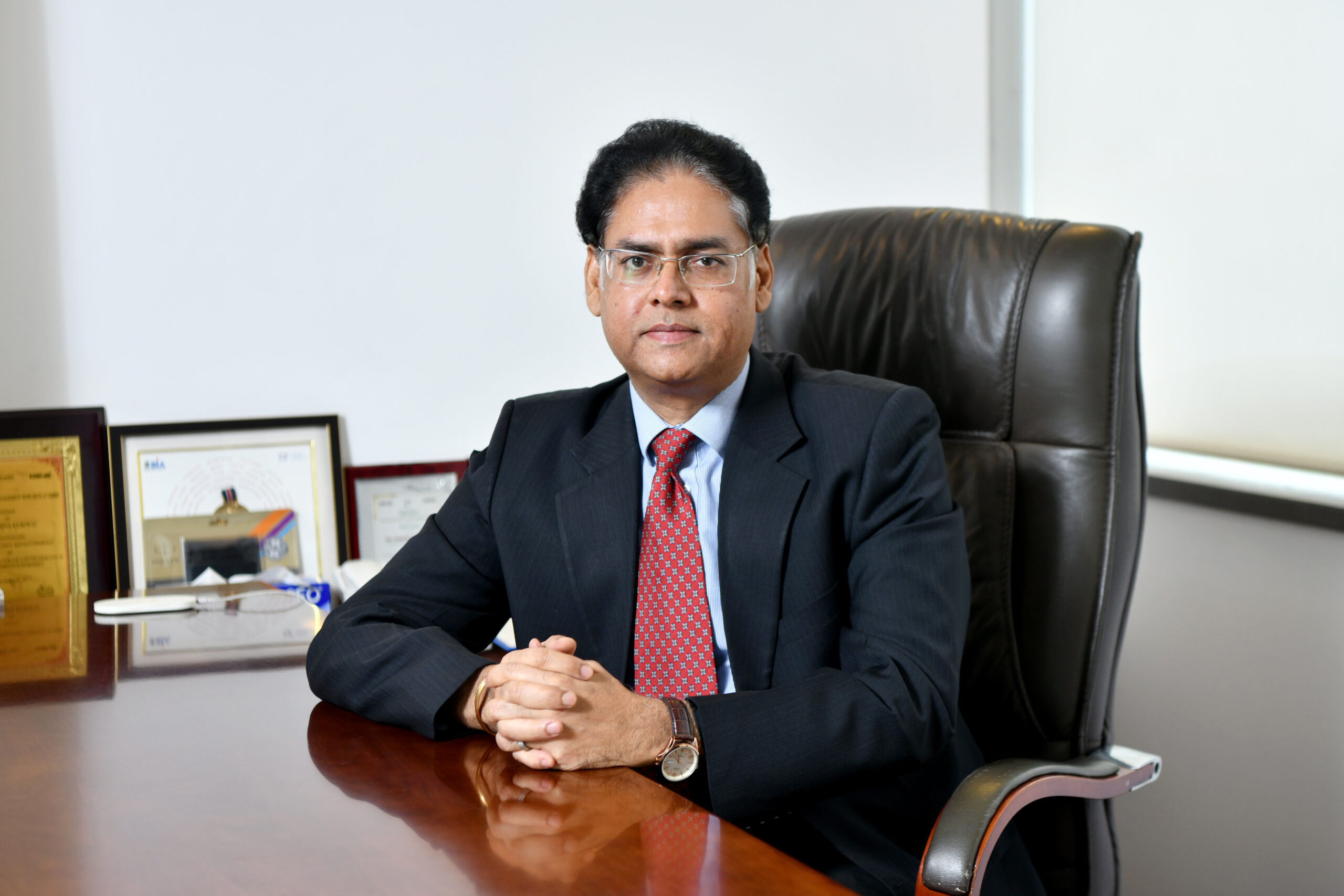Amit Srivastava, Group CEO, Remsons Industries Ltd. is a recognized Great Manager to Work WithTM and is exemplifying leadership development and people manager upskilling at Remsons. This interview reflects on his outlook on people manager effectiveness in a changing professional world.
People Development:
- How do you ensure that your people development efforts align with the overall strategy and goals of the company?
At Remsons, our culture is rooted in empowerment, transparency, and continuous growth. We emphasize a performance-driven approach that aligns with our strategy and goals.
Clear communication of our vision and strategic objectives is integral to our efforts. We begin by embedding our people development initiatives into the core of our strategic framework, ensuring that every initiative is purpose-driven and aligned with our long-term objectives.
To ensure alignment between our learning and development (L&D) initiatives and business priorities, we maintain an open dialogue with our leadership teams. This collaboration helps us identify the critical skills necessary to navigate the ever-evolving business landscape.
Additionally, we invest in leadership development to empower our leaders to effectively advance our strategic vision.
Measurable outcomes are key to our success. We establish Key Result Areas (KRAs) and monitor Key Performance Indicators (KPIs) on a quarterly basis, which are directly tied to our company’s objectives, ensuring that every effort contributes to tangible progress.
By fostering cross-departmental and interplant collaboration, we facilitate the sharing of insights and best practices, reinforcing our organizational objectives.
Through these initiatives, we foster a workforce that is adaptable, agile, and aligned with the company’s goals, positioning Remsons for long-term sustainability and success, driven by our people development effort to align with the company strategy.
Culture of Ownership:
- What steps have you taken to create a culture of ownership across the organization, and can you provide an example where this culture directly impacted business outcomes?
One of the key to this transformation was the introduction of Strategic Business Units (SBUs), which turned each plant into an independent profit centre, creating more ownership and accountability at all levels. The company also focused on building a culture of trust and transparency, with regular communication from leadership, such as town halls, which kept employees aligned with company goals. To make it attractive we introduced Performance Linked Incentives at all level of employees.
I personally, take mentoring sessions every quarter to guide the employees on long-term goals, business strategies and accelerate leadership development amongst them.
Role of CEO/Leaders in Culture:
- How do you ensure that company values are not just words on a wall, but are actively reflected in leadership behaviors and decision-making?
I firmly believe in “walk the talk” and leading by example. I ensure that our company values are reflected in leadership behaviors and decision-making by consistently demonstrating these values myself, setting the tone for the entire organization. I lead from the front, making sure our values are integrated into every aspect of our operations, from performance evaluations to recognition programs. By embedding these values in our hiring practices and leadership development, I ensure they are a core part of our culture and guide decision-making at all levels.
Transformation or Sustenance Journey
- Can you share an example of a time when your company underwent a major transformation, and what role you played in guiding that process?
In 2018, when I joined Remsons, I took on the challenge of transforming the family-driven business into a professionally managed organization. During the COVID pandemic, while many companies were struggling with cash flow issues, we boldly rebranded our 50-year-old legacy. This comprehensive rebranding effort involved revisiting our logo, vision, mission, and value statements. Furthermore, we advanced our expansion plans by acquiring Magal UK (now Remsons Automotive UK), which helped us increase our presence in the European market. We also invested in a state-of-the-art new plant in Pune Chakan, marking the transition from Remsons 1.0 to Remsons Avatar 2.0.
All these initiatives contributed to giving Remsons a fresh image that has been well received by our stakeholders.
- What is one piece of advice you have for young professionals aspiring to be leaders like you?
I advise young professionals aspiring to be leaders to embrace agility and innovation. We live in an age of unprecedented disruptions driven by technology as well as climate challenges. From COVID-19 and technological advancements like AI and robotics to issues such as global warming and geopolitical instability, these rapid changes demand leaders who can pivot quickly, learn continuously, and remain resilient in the face of uncertainty. Embrace change, be open to innovation, and cultivate the ability to adapt in real-time. The future of leadership will be defined by those who can navigate disruptions with a forward-thinking mindset and drive transformation while maintaining a strong sense of purpose. The twenty-first century presents unprecedented opportunities for anyone with the mentality of an explorer and the skill set of a change-maker.









